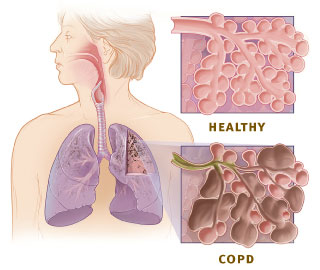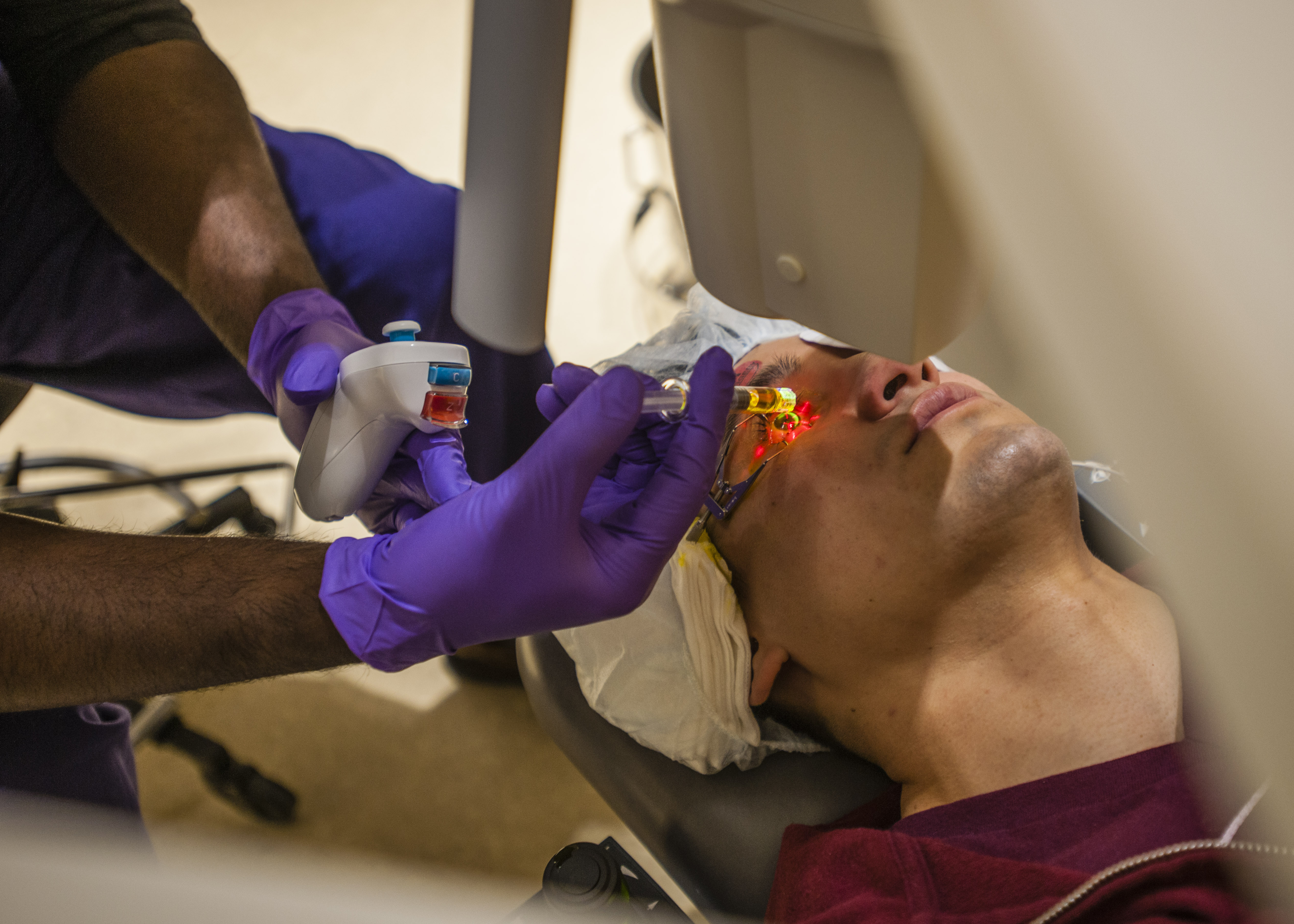Top 5 Guide: Navigating the Mystery of Kidney Pain
Before diving into the intricacies of kidney pain, it's crucial to understand what kidneys are and their role in the body. Positioned on either side of the spine, just below the rib cage, the kidneys are fist-sized organs that are essential for maintaining optimal health. Among their various crucial duties, they filter out toxins and waste products from the blood, managing the body's fluid balance, regulating blood pressure, and producing hormones that aid in red blood cell creation.
Healthy kidneys perform their functions seamlessly, with the average person not noticing them at all unless something goes amiss. Unfortunately, when kidney pain does occur, it typically indicates an issue that requires attention, as kidneys themselves do not have pain-sensitive nerves.
Distinguishing Kidney Pain from Other Back Pain
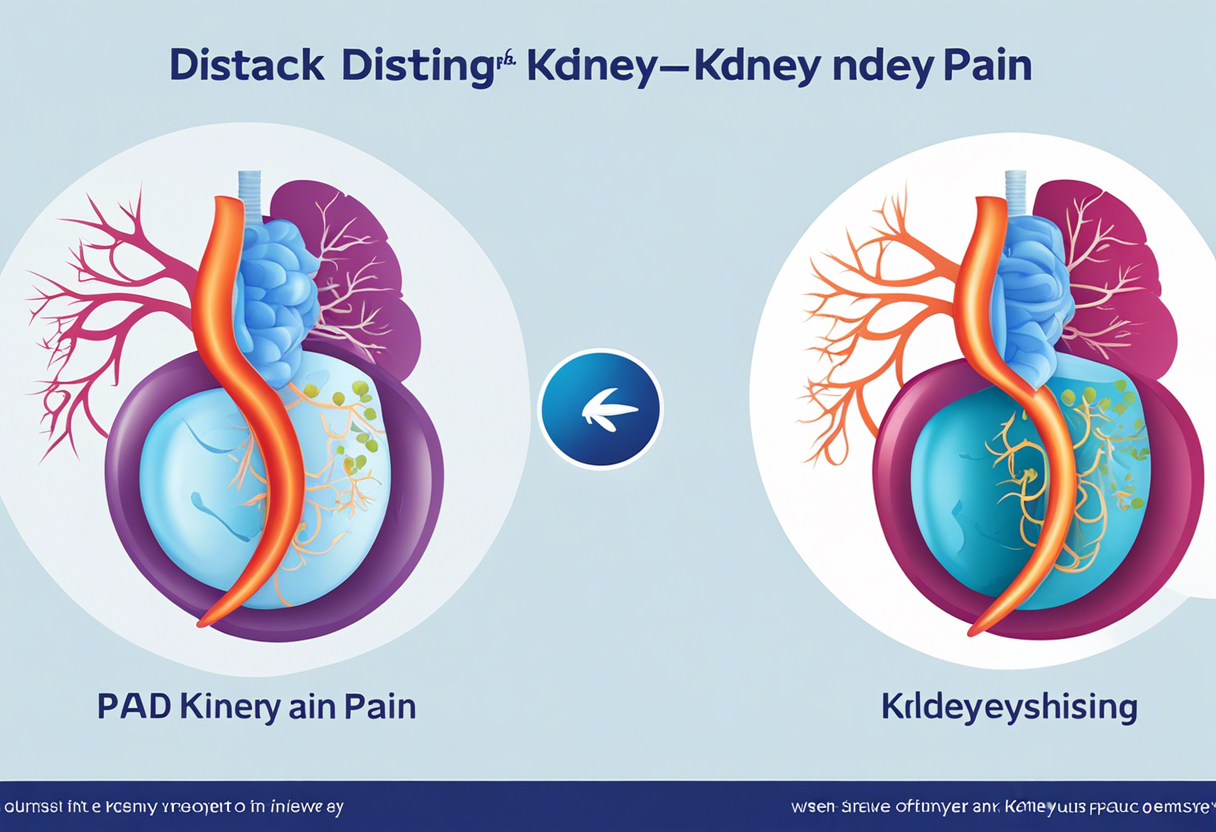
Given their location in the body, one of the challenges people often face is distinguishing kidney pain from other types of back pain. Usually, issues related to kidneys cause discomfort or pain in the upper back or sides. This pain often appears just under the ribs, but depending on the problem at hand, can radiate into the lower abdomen or groin.
However, kidney pain often has very distinct features. It is usually severe and occurs in waves. Flank pain, or discomfort in one's side, typically accompanies kidney pain, differentiating it from generalized back or muscle strain. Learning these differences can signal when to seek medical advice.
Usual Causes of Kidney Pain
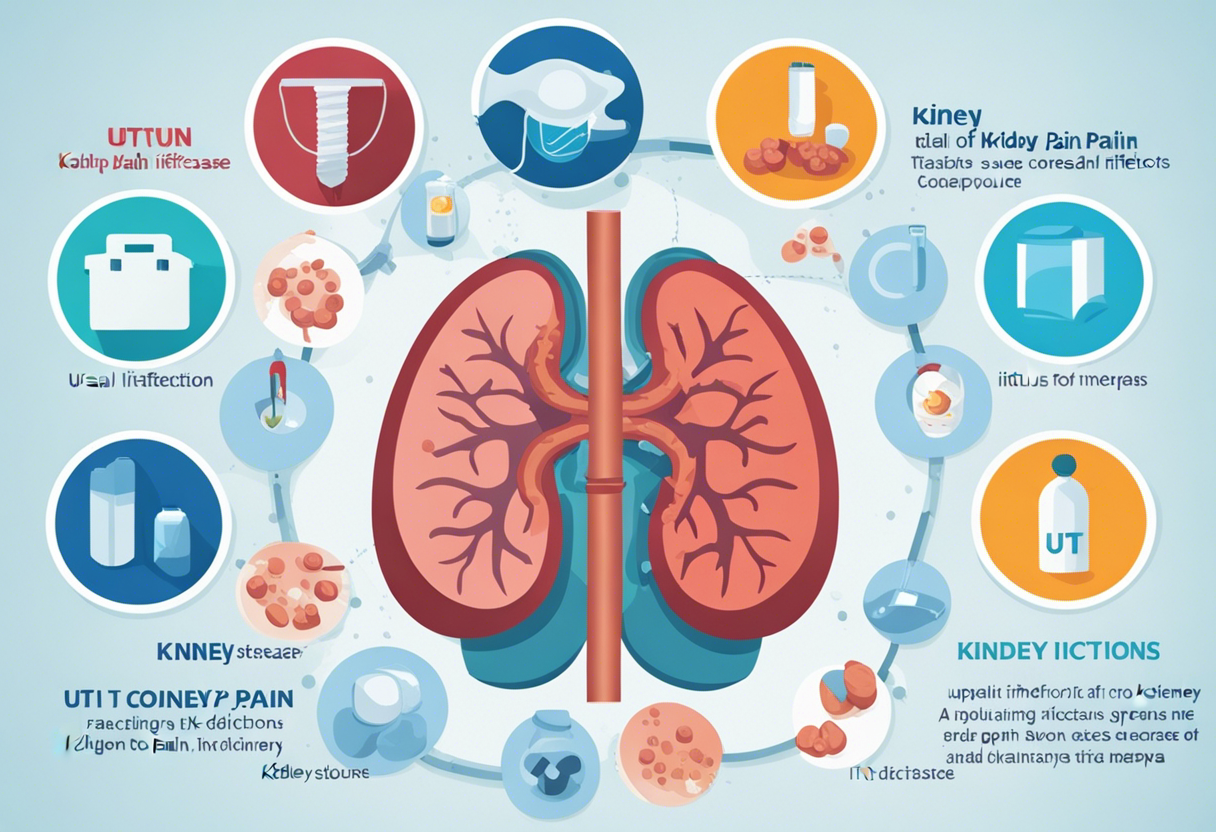
With the ability to distinguish kidney pain comes the understanding of potential causes behind the pain. A range of health concerns can cause kidney pain, with urinary tract infections (UTIs) and kidney stones being among the most common. Both conditions interfere with the kidneys' ability to filter waste, causing a buildup that can result in pain.
Other causes include kidney infections, which can happen if a UTI spreads to the kidneys. Polycystic kidney disease, a condition where fluid-filled cysts develop in the kidneys, can also cause discomfort or pain.
The Role of Hydration in Kidney Health
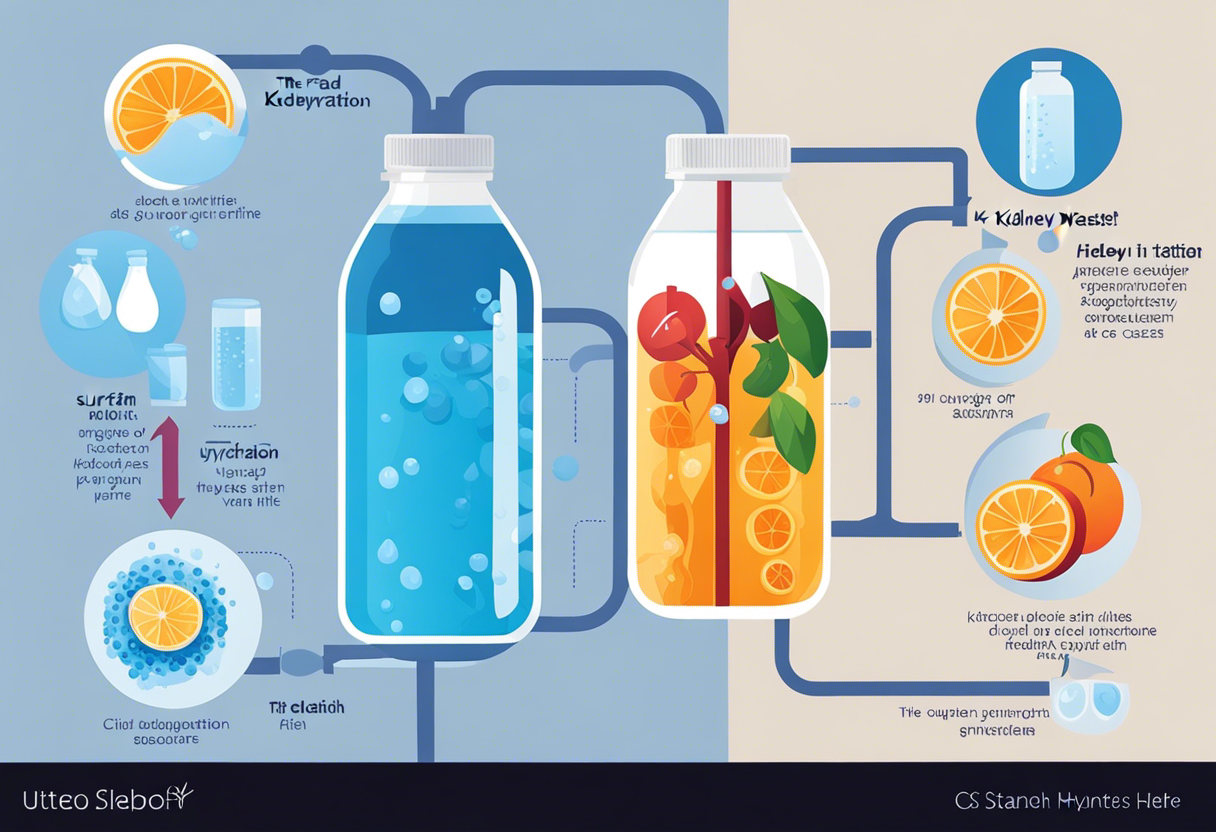
While kidney discomfort should always prompt medical advice, the importance of hydration in maintaining kidney health should not be overlooked. Our bodies need sufficient water to help the kidneys adequately filter waste. When we don't drink enough, it puts added strain on them, potentially leading to kidney stones or other issues.
Staying hydrated also helps prevent UTIs, which can cause kidney pain if they spread to the kidneys. Hence, maintaining optimal hydration levels can guard against the common causes of kidney discomfort.
Necessary Steps if Experiencing Kidney Pain
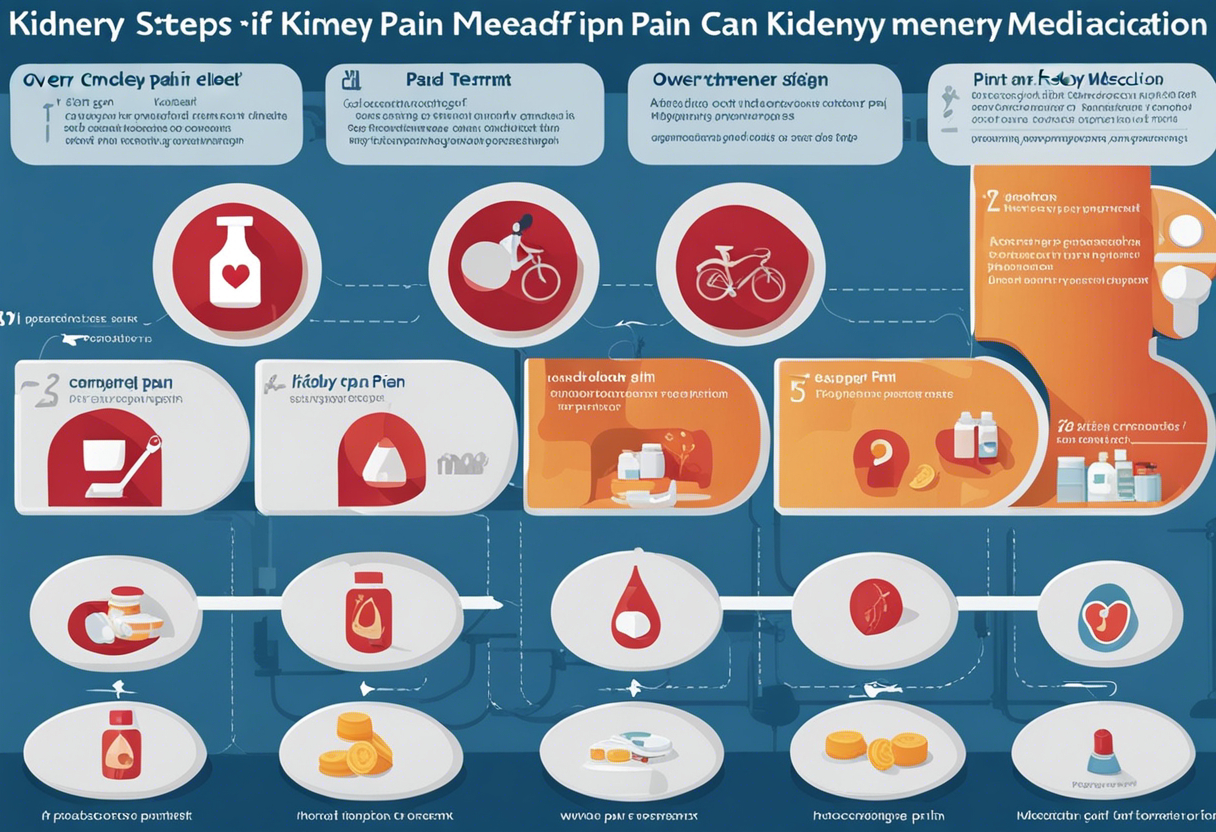
If you experience what seems like kidney pain, immediate steps should be taken to address the issue. Firstly, over-the-counter pain medication can offer short-term relief. However, they are not a long-term solution or a substitute for medical attention.
Secondly, seeking immediate medical advice is crucial. An accurate diagnosis would allow proper treatment and potentially prevent the situation from worsening. Remember, in the case of kidney pain, early detection offers better chances of effective treatment.
Proactive Measures for Kidney Health
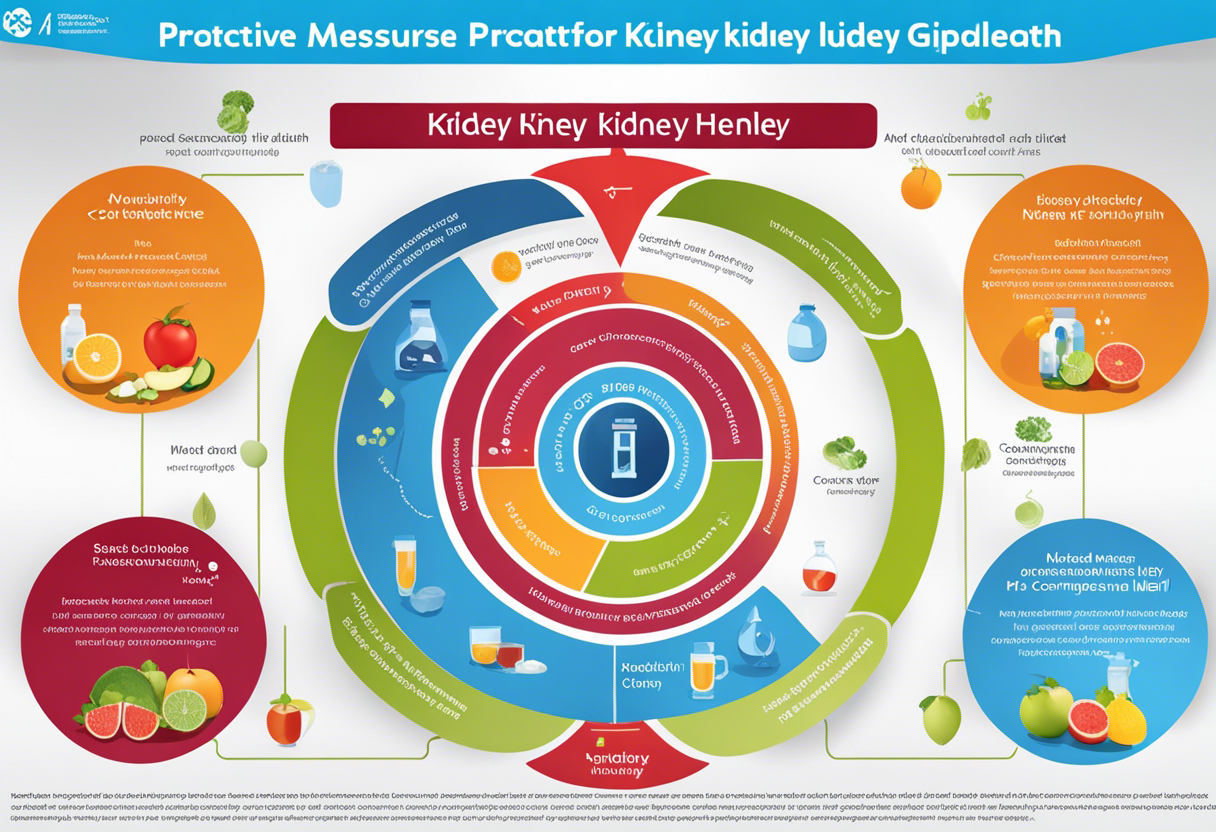
While addressing kidney pain when it arises is fundamental, taking proactive steps towards maintaining kidney health is equally important. A balanced diet low in sodium and consuming plenty of fluids, preferably water, can help alleviate the risk of kidney issues. Regular exercise, controlling blood pressure, and managing conditions like diabetes can also contribute towards ensuring kidney health. Regular medical check-ups can also keep potential kidney issues in check.
Remember, your kidneys play a vital role in maintaining your body's overall health, and taking steps towards their upkeep can safeguard against kidney pain and other associated issues.
